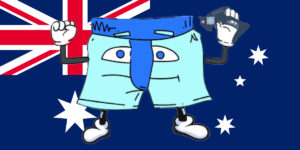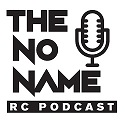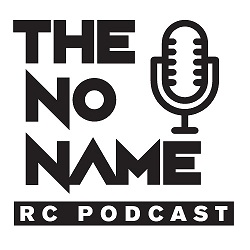
When talking to local hobby shops and importers the one common theme recently has been “Christmas has come early”. It appears Covid has driven up sales locally as people are at home more and are looking for a hobby to enjoy their time with. This pandemic has potentially been a reset the industry has desperately needed, giving exposure to outdoor activities that encourage social networking that people have lost during quarantine. How does this play out in the sponsored driver market? Well I guess there are two sides of why manufactures want a top tier driver:
1. To win major races for recognition
2. To sell more kits and make a return on their investment.
These two are potentially not necessarily interlinked. I don’t have the sales statistics so I am mainly talking out of my ass, but why do racers go for a specific kit when they make their purchase? Is it because they are a racer who’ve been in the industry for years and follow closely the individual social network feeds of pros? Or are they reading their individual posts to determine which kit they should buy, honestly I doubt it? If we are also focusing on enticing people already in the industry to buy a certain kit I would be interested to know how often people actually change brands. Considering how much it costs investing in spares for a certain car. To change would be substantially more than just the kit price, you need a lot of spares to cover yourself if you break something or just to keep your kit in good working order. I would say that typically racers are pretty loyal with the initial brand they choose, which is probably compounded by recent lower sponsorship deals. The majority of sales are probably associated with new people getting into the hobby who don’t have any loyalty to a specific brand.
Now I’m sure the “what wins on Saturday” still plays a part to “what sells on Monday”. If you’re new to the hobby, you would be looking to some degree what the top brands are. Most people go to their local track and talk to the racers and get influenced by locals as what they should buy. If a brand has not been winning locally or on the larger stage then it will be a harder pill to swallow to make a purchase of that kit. In my mind it’s more about what is actually a good consistent product then what some freak of a driver can wheel to a one off podium. How do you demonstrate as a manufacture that your product is consistently superior? Especially in this day and age when you need to have both a top driver and a top product. It gets increasingly hard no matter how good of driver you are to keep a bad product at the top. If the product is terrible but its winning then local club racers will have worked that out and won’t be recommending the car to new comers. People are not stupid, it is pretty obvious when we see a top driver struggling. I use the example of Kyosho, Tebo certainly still had reasonable results in his last year with Kyosho, but you can see since his switch to Tekno an improvement in his presence at the pointy end of the finals. Boots also had similar improvement after making the switch to Sworks taking out Silverstate. These results have probably done more for reducing Kyosho sales then increasing Tekno and Sworks. Having pros can be a double edge sword, if their results don’t reflect people’s expectation of driver’s performance then they either blame the car or the driver. Manufactures will either blame the driver and replace them, develop the car further, or in Kyosho’s example blame the drivers and not develop the car to their detriment of sales. Think back 10 years how many kyosho’s were locally at your track and compare that to today.
So what does this mean when a manufacture is trying to justify spending money on a pro driver and correlate the increased sponsorship spending to increased sales? It means at some point if the correlation is not there then the desire to win needs to outweigh the desire to make money. Now I would imagine some companies have the luxury of losing money, they have big pockets and just want to win, others however at some point review the situation and realise it’s not a sustainable option. What happens then? Either the pro realises the pay cheque won’t be there anymore and finds another company (assuming there is another company there to take them) or the company drops them and they are left with potentially a challenging path to retaining pro status. These are unprecedented times, we have had less racing on the international stage and yet short term sales may be up for specific brands. Are manufactures realising that spending money on pros doesn’t influence their sales as much as once thought? Is it more apparent that club racing influences the new comer more than once realised and recent shifts back to club level is now more important than ever? One thing is for sure, we’re in Silly Season and it’s about to warm up!

